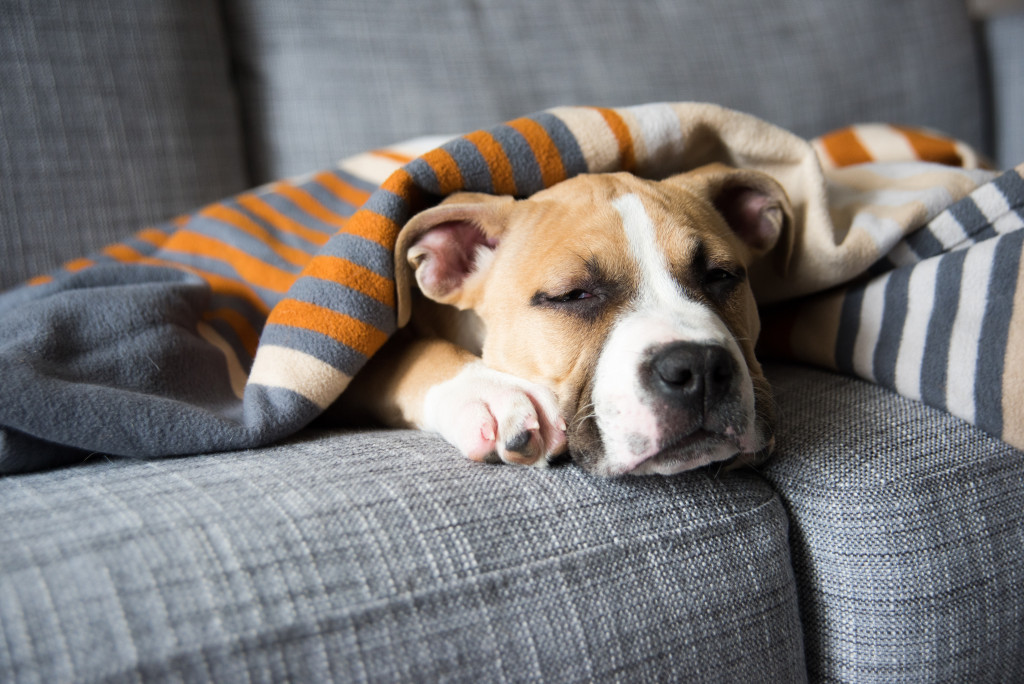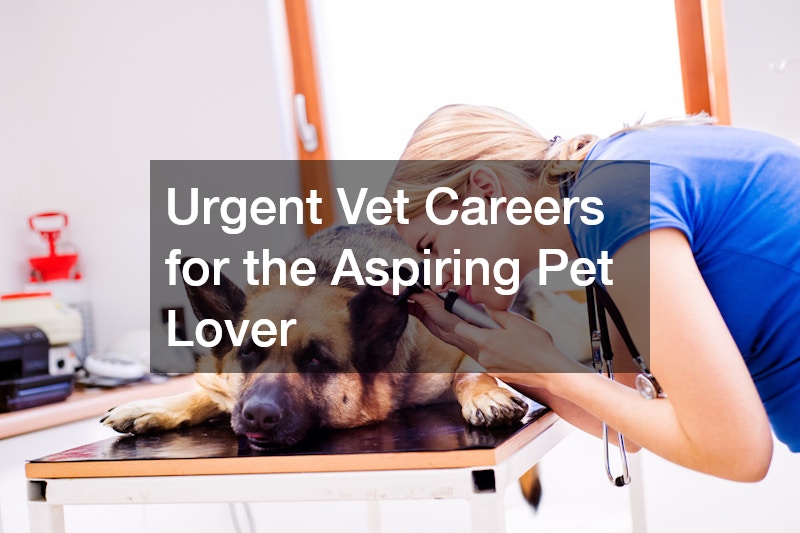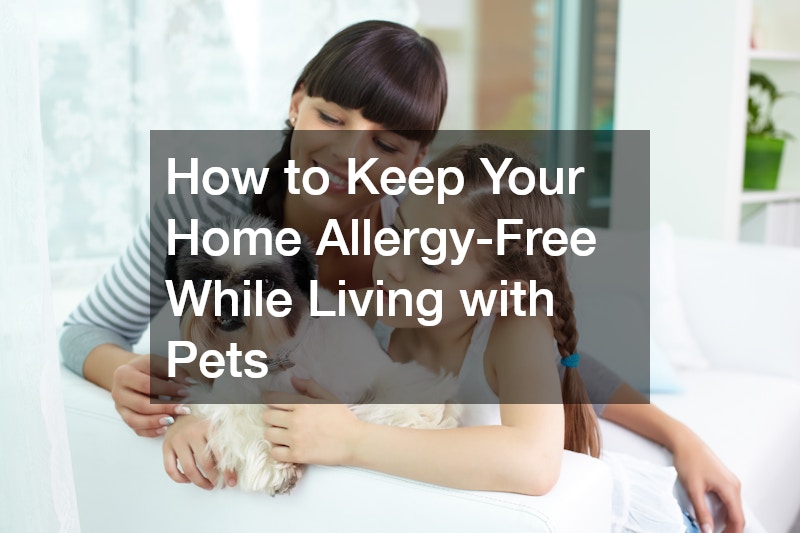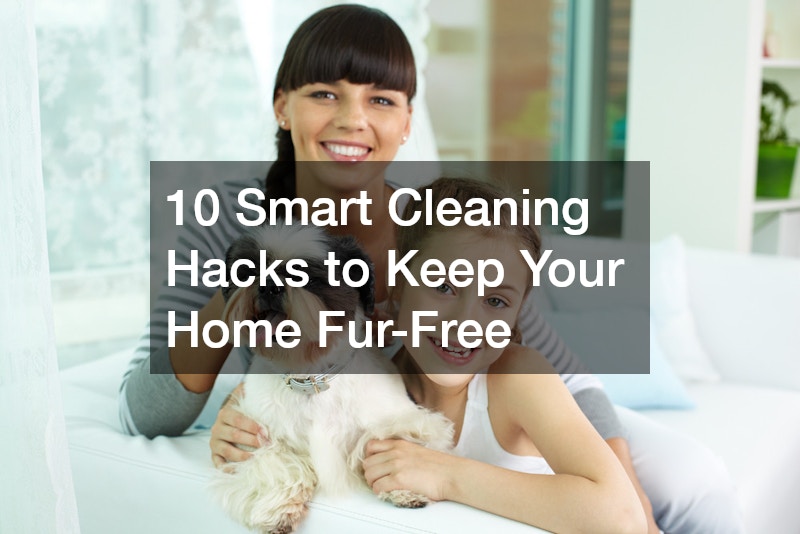Dogs make great companions and provide us with a sense of love and security. However, proper care must be taken when owning a dog to ensure both the dog’s and the owner’s health and well-being. When bringing a new dog into your home, it is important to do your research on the animal’s needs and how to properly care for them. Here are some tips on how to take good care of your dog indoors.
1. Make sure your dog has a comfortable place to sleep and relax.
Dogs need a place to call their own, where they can feel safe and secure. This could be a designated spot on the furniture, a bed or kennel, or simply a favorite blanket. You want to make sure your dog has a comfortable place to rest so they can feel relaxed in your home no matter what time of day.
2. Create an indoor exercise space.
Dogs also need daily exercise even if they live indoors. If you have a small dog, this could be as simple as setting up an area with a few toys and some space to run around. But if you have a larger dog, you might need to get creative. Consider using a baby gate to section off part of a room or setting up an indoor agility course. When choosing a dog, remember that different breeds will require different levels of exercise, so some might need to play around in the open outdoors as well.
3. Make sure that the air inside is clean.

Dogs are very sensitive to air quality and can become ill if the air is polluted. Make sure that your home has good ventilation and avoid using any harsh chemicals or sprays that could potentially harm your dog. Also, try to keep plants inside to help purify the air. You can be creative in placing your plants by hanging them from the ceiling, creating a garden wall with preserved flat moss, or caring for smaller plants that can fit on a desk.
4. Keep your dog’s nails trimmed.
Trimming your dog’s nails is important for their health and well-being. If the nails are left too long, they can cause your dog pain and make it difficult for them to walk. Their nails can also cause damage to your furniture, bed, and floors, so you should trim your dog’s nails every few weeks. You can do it yourself with a special clipper for dog nails or have your veterinarian do it for you.
5. Brush your dog’s teeth regularly.
Brushing your dog’s teeth is just as important as brushing your own. Dogs can develop gum disease and tooth decay if their teeth are not properly cared for. Try to brush your dog’s teeth at least once a week using a toothbrush and toothpaste designed specifically for dogs. You can also give your dog dental treats and bones to help clean their teeth.
6. Give your dog a bath only when necessary.
Bathing your dog too often can strip their fur of natural oils and cause skin irritation. Only bathe your dog when necessary, which is usually about once a month. If your dog gets dirty or starts to smell bad, you can give them a quick bath using water and pet shampoo.
7. Always keep your home clean.
It is important to keep your home clean, not just for your own sake, but for your dog’s as well. Make sure to clean up any messes immediately and regularly sweep and mop your floors. This will help keep your dog from getting sick or injured. Vacuum your floors and furniture regularly to remove any dust, hair, or dander that could trigger allergies. Pick up your dog’s toys and put them away when they’re not being used.
8. Get rid of anything that could be harmful to your dog.
There are many things in your home that could be harmful to your dog if they ate them. Make sure to get rid of any poisonous plants, cleaning products, medications, and other harmful items. Keep them out of reach or in a locked cabinet. Also, be sure to keep your trash can lid closed and dispose of garbage properly.
9. Take your dog to the vet for regular check-ups.
Most importantly, make sure to take your dog to the veterinarian for regular check-ups. This is the best way to keep them healthy and help detect any health problems early. During a check-up, your veterinarian will check your dog’s weight, temperature, heart rate, and breathing. They will also examine their eyes, ears, nose, and mouth for any abnormalities.
By following these tips, you can help keep your dog healthy and safe indoors. Remember that every dog is different and some might need more attention than others. If you have any concerns, always consult with your veterinarian.




